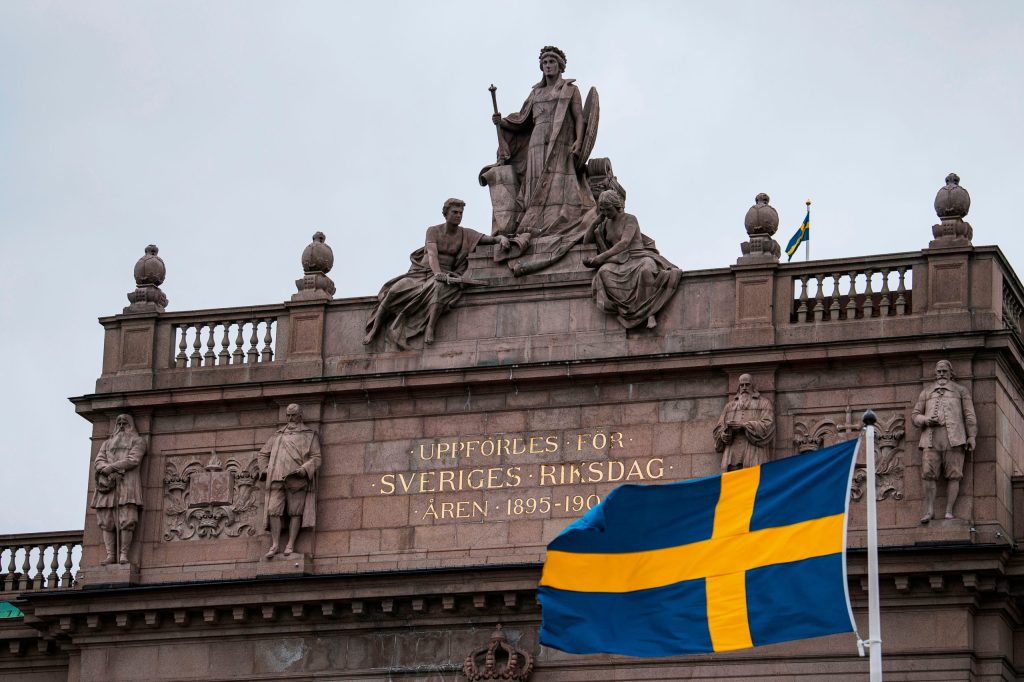Anders Tegnell is either a hero or villain, depending on whether you think Sweden’s approach to COVID-19 has saved the economy and respected individual freedom or whether you think it has needlessly cost lives. But is the country’s refusal to impose a lockdown a result of his wisdom and judgment — or was the Swedish government tied down by its constitution?
The latter is the conclusion of Lars Jonung, an economist at Lund University, who has published a paper explaining why he thinks that Prime Minister Stefan Löfven and his government did not have the option of following other European countries along the route of lockdown.
He cites three relevant articles of the constitution. The first, Chapter 2, Article 8, states:
‘Everyone shall be protected in their relations with the public institutions against deprivations of personal liberty. All Swedish citizens shall also in other respects be guaranteed freedom of movement within the Realm and freedom to depart the Realm.’
While there are some exceptions to this rule, such as wartime measures, there is no exception for the control of an epidemic. In other words, short of changing the constitution, the government simply lacked to powers to order people to stay at home or to forbid them from traveling around the country. The government did, however, possess the powers to ban public assembly in order to tackle an epidemic — powers it duly employed by banning gatherings of more than 50 people. Next, Chapter 12, Article 2, states:
‘No public authority, including the Riksdag [parliament], or decision-making body of any local authority, may determine how an administrative authority shall decide in a particular case relating to the exercise of public authority vis-à-vis an individual or a local authority, or relating to the application of law.’
In other words, without changing the constitution, the government could not overrule decisions made by the country’s Public Health Agency. Libertarian-minded Americans who cheer Sweden’s response to COVID-19 might care to reflect how they would react to an American constitution that ensured absolute power to the National Institutes of Health — and if Donald Trump was forced to defer to Anthony Fauci on matters of public health. Finally, Chapter 14, Article 2 states:
‘The local authorities are responsible for local and regional matters of public interest on the principle of local self-government.’
This gives far more powers to local government than exist in other European countries like Britain — or, indeed, in those such as France which have a reputation for strong local government. It is closer to the situation in federal Germany, where regional governments have indeed been making decisions over lockdown and other measures to tackle COVID-19. The UK does have a similar situation, however, in regard to Scotland, Wales and Northern Ireland, where public health is a devolved matter. It would have been possible for Scotland or Wales to have rejected lockdown — though with Nicola Sturgeon and Mark Drakeford in power such an outcome would have been about as likely as the proverbial snowball in the Gobi desert.
[special_offer]
Admire or condemn Sweden’s exceptionalism, it is worth considering the constitutional constraints on the government there.
This article was originally published onThe Spectator’s UK website.


















